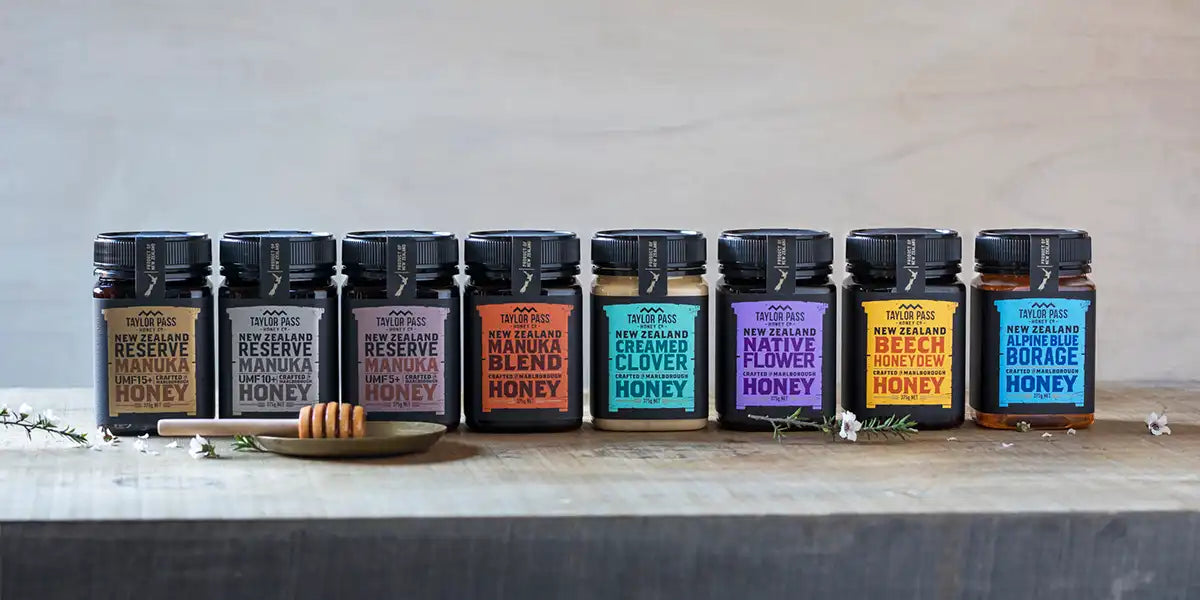How Bees Affect the Majority of The Human Food Chain
The food chain is a complex web of interactions where every species, no matter how small, plays a crucial role. Bees, particularly honeybees, have been our silent partners in agriculture for centuries. Responsible for pollinating a vast array of crops and ensuring the reproduction of flowering plants, these industrious insects are key contributors to the human food chain. To fully comprehend the significance of bees in our lives, we need to understand their profound connection to the human food chain, as well as their impact on the global ecosystem.
Pollination
One of the most significant contributions bees make to the human food chain is through pollination. Pollination is the process by which pollen from the male part of a flower (the anther) is transferred to the female part (the stigma), leading to fertilization and the production of seeds. Bees, particularly honeybees, are master pollinators, visiting flowers to collect nectar for honey production and inadvertently transferring pollen in the process. This process is indispensable for the production of fruits, vegetables, nuts, and seeds that make up a substantial part of our daily diets.

The Food Chain
As pollinators, bees facilitate the reproduction of flowering plants and are a linchpin in the intricate tapestry of the food chain. Data indicates that approximately 75% of the world's food crops depend on pollinators, with bees being the most effective pollinators for many fruits, vegetables, and nuts. In fact, a significant portion of the human diet relies on plants that require pollination by bees. Without their diligent work, our plates would be noticeably sparse, and the global food supply would face unprecedented challenges.
Consider the almond orchards in California, which produce over 80% of the world's almonds. These orchards heavily depend on honeybee pollination. The interconnectedness is evident: bees pollinate almond blossoms, leading to almond production, which becomes a primary food source for both humans and various wildlife.
Research from agricultural studies underscores the impact of bees on crop yields. For example, one study revealed that the value of wild bees in crop fields that produce apples, watermelon, blueberry, sweet cherry, art cherry, and pumpkin are evidently high. The economic value of honeybees on yield across these crops is about $6.4 billion USD. This emphasizes the symbiotic relationship between bees and agriculture, and highlights the direct effect that bees’ pollination has on the quantity, quality and profitability of our food supply.

Biodiversity Boost
The ripple effect continues down the food chain, influencing ecosystems on a grand scale. Bees not only contribute to our food supply but also play a pivotal role in maintaining the delicate balance of nature. Their pollination efforts support biodiversity by promoting the growth of various plants and flora. As bees traverse landscapes in search of nectar, they inadvertently transfer genetic material that ensures the survival and adaptability of diverse plant species. In turn, these plants provide habitats and food sources for a multitude of other organisms.
Bees, acting as nature's gardeners, also contribute to the health and balance of natural landscapes. Wildflowers, meadows, and forests thrive when bees are present, further fostering biodiversity and ensuring the resilience of ecosystems.

Responsible Consumer Choices
It is crucial that we acknowledge the challenges facing bee populations today. Climate change, pesticide use, habitat loss and diseases threaten bee colonies worldwide. The decline of bee populations not only jeopardizes our food supply, but also poses a direct threat to the health of our environment. However, consumers have the power to drive positive change by choosing products that align with principles of environmental stewardship.
Understanding the intricate connection between bees and the human food chain encourages us to make responsible consumer choices. At Taylor Pass Honey, we prioritize sustainable and ethical beekeeping practices, while also contributing to the preservation of bee populations and the health of our ecosystems. Our honey is a reflection of the pristine environments in which these bees forage, creating a product that captures the essence of nature's bounty. We believe that supporting initiatives that address the challenges faced by bee populations is key to ensuring the continued prosperity of our food chain and the well-being of our planet.
In New Zealand, the home of Taylor Pass Honey, beekeepers do not use antibiotics when treating beehives that produce honey. The focus is always the health of the bees.
The intricate dance of pollination, the ripple effect on the food chain, and the promotion of biodiversity are all part of the symbiotic relationship between humans and these industrious insects. By understanding the valuable role of bees and supporting responsible practices in beekeeping, we can work towards a future where these vital pollinators thrive for generations to come. Learn more about our sustainable honey at www.taylorpasshoney.com!



